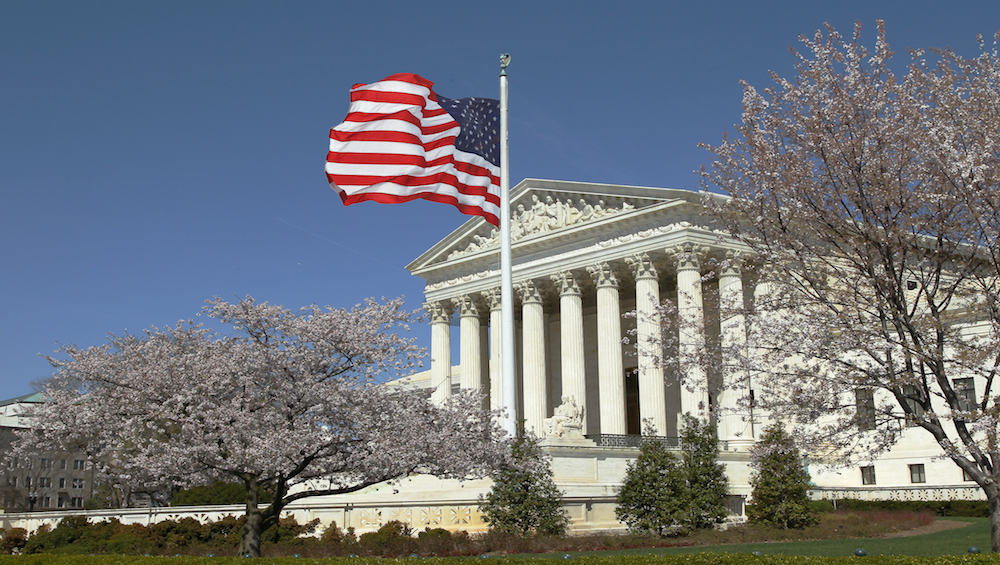Oddsmakers say it is easier to get into Harvard Unversity than to get the U.S. Supreme Court to grant a petition for Writ of Certiorari.
For Mary Wilkerson, who once held the title of quality assurance manager at the now-defunct Peanut Corporation of America, her dream of being granted Certiorari is over.
But for Michael Parnell, the dream is alive. Wilkerson and Parnell both faced criminal prosecution stemming from a 2008-09 Salmonella outbreak that killed nine and sickened hundreds. Outbreak investigators traced the illnesses to PCA’s production plant.
Parnell was a peanut broker with a tight relationship with Peanut Corporation of America, including its contract to supply Kelloggs with tanker loads of peanut paste.
Both Parnell and Wilkerson sought to have their convictions and sentences reviewed by the Supreme Court by filing petitions for Certiorari “in forma pauperis,” meaning in the character or manner of a pauper. It permits filing a writ without paying any court fees or costs.
Wilkerson failed to persuade four of the nine justices it takes to hear a case. Clerks working for the Justices have the largest influence on which 150 or fewer cases out of 7,000 petitions filed make the cut.
It means Wilkerson, who is separated from her two school-aged sons and her husband, will likely serve another 18 months on her five-year sentence for obstruction of justice. Her husband works in the Southern Georgia peanut industry, which was heavily damaged by the recent hurricane.
Thomas G. Ledford, Wilkerson’s court-appointed attorney, hoped the high court would review the “electronic data dump” that his client was subjected to prior to trial. He believes government prosecutors abused the discovery process, thereby depriving Wilkerson of a fair trial.
Wilkerson’s petition was distributed for the conference at the Supreme Court on Oct. 5. Four days later, on Oct. 9, the court denied her request for review.
Parnell, who reports making $29 a month in his prison job, still owes $40,000 to his previous lawyer. In his petition for writ of certiorari, Parnell raises three questions he thinks the justices should review. They are:
- Whether the Circuit Court erred in its application of an abuse of discretion standards affirming the District Court’s denial of Parnell’s motion for a new trial. Parnell contends the jury was impermissibly exposed to prejudiced extrinsic evidence throughout the proceedings.
- Whether the Circuit Court erred in affirming the District Court’s finding that Parnell was a manager/superior.
- Whether the Circuit Court erred in its failure to require that the government adduce specific and reliable evidence of the loss amount which results materially prejudiced and damaged the Petitioner at sentencing.
The Parnell appeal stems from a largely successful multi-defendant federal prosecution for conspiracy, fraud, obstruction of justice and related charges.
The government’s 2013 indictment of five top PCA executives and managers included 76 federal felony charges, including charges for misbranded food in interstate commerce and interstate shipments fraud.
Two defendants, Daniel Kilgore and Samuel Lightsey, pleaded guilty to certain charges in exchange for consideration at sentencing. But Wilkerson, Parnell and his brother Stewart Parnell opted to go to trial. The trio was convicted by a jury in 2014 and sentenced a year later.
Michael Parnell is serving a 20-year sentence at a federal prison near Detroit.
(To sign up for a free subscription to Food Safety News, click here.)

